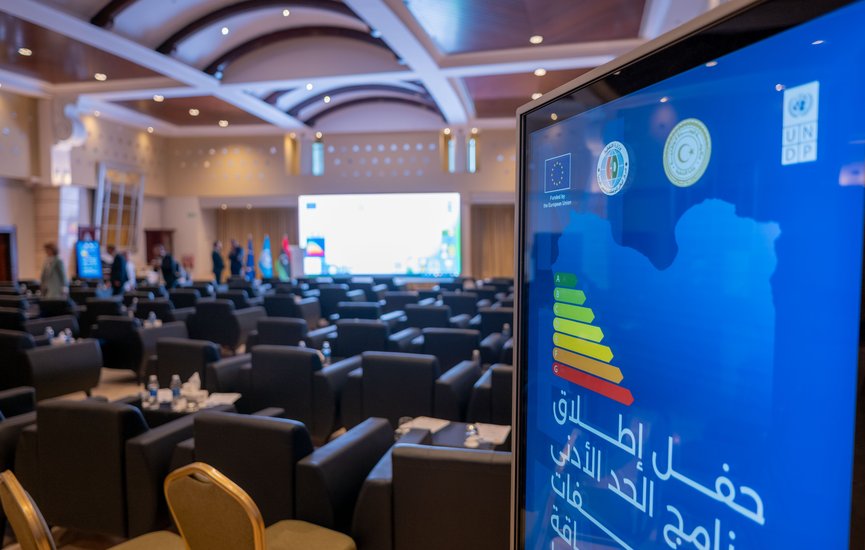Libya has officially launched its Minimum Energy Performance Standards (MEPS) programme, marking a pivotal step in the country’s efforts to modernize its energy sector and promote sustainable development. The initiative introduces six national standards targeting household appliances such as refrigerators, air conditioners, washing machines, electric water heaters, LED lamps, and television sets. These standards are designed to improve energy efficiency, reduce electricity consumption, and phase out outdated, high-energy products that place unnecessary strain on the national grid.
The MEPS programme is being implemented through a collaborative framework involving the Libyan Ministry of Planning, the Libyan National Center for Standardization and Metrology, and the United Nations Development Programme, with financial and technical support from the European Union. This multi-stakeholder approach ensures that the programme is not only technically sound but also aligned with Libya’s broader economic and environmental goals. By introducing an energy labelling system, the initiative empowers consumers to make informed choices, encouraging the adoption of more efficient appliances and fostering a culture of energy-conscious living.
Libya’s Minister of Planning, Mohamed Al-Zaidani, emphasized that the programme reflects the government’s commitment to building a transparent, responsive, and forward-looking energy sector. He noted that improving energy performance is essential to reducing operational costs, enhancing public services, and supporting Libya’s transition toward a low-carbon economy. The MEPS programme also aims to stimulate local markets by encouraging manufacturers and importers to comply with new standards, thereby driving innovation and competitiveness within the domestic appliance industry.
This launch comes at a time when Libya is grappling with energy challenges linked to aging infrastructure, rising demand, and the need for greater environmental stewardship. By setting clear benchmarks and enforcing compliance, the MEPS programme lays the foundation for long-term energy resilience and economic stability. It positions Libya among a growing number of nations in the region that are embracing energy efficiency as a cornerstone of national development, signaling a shift toward smarter, more sustainable resource management.
